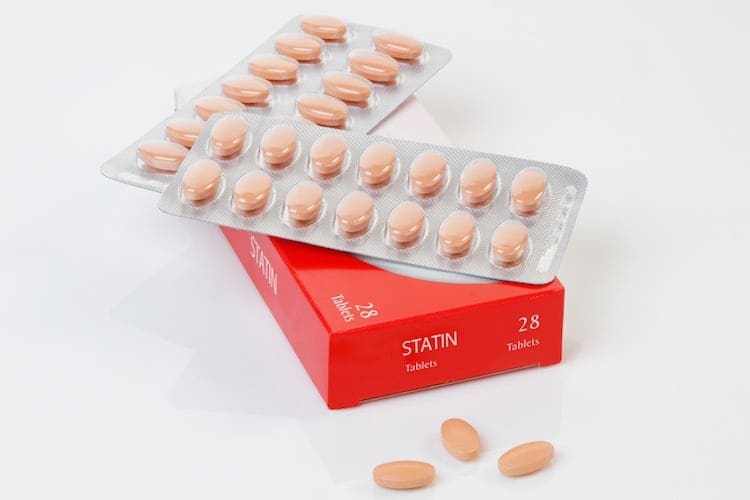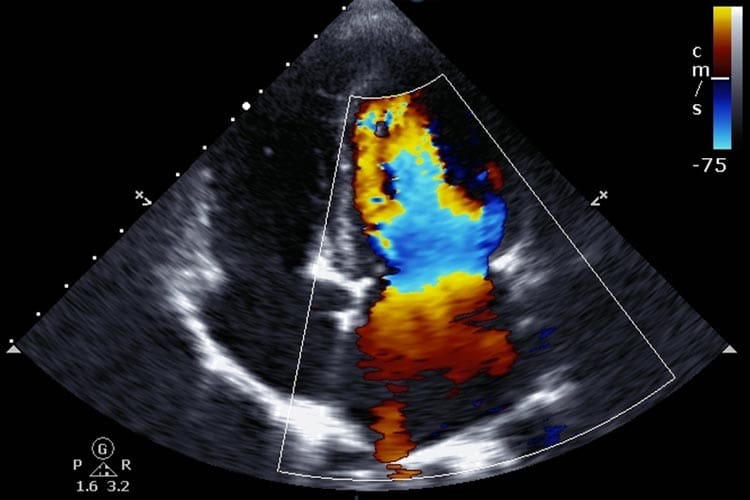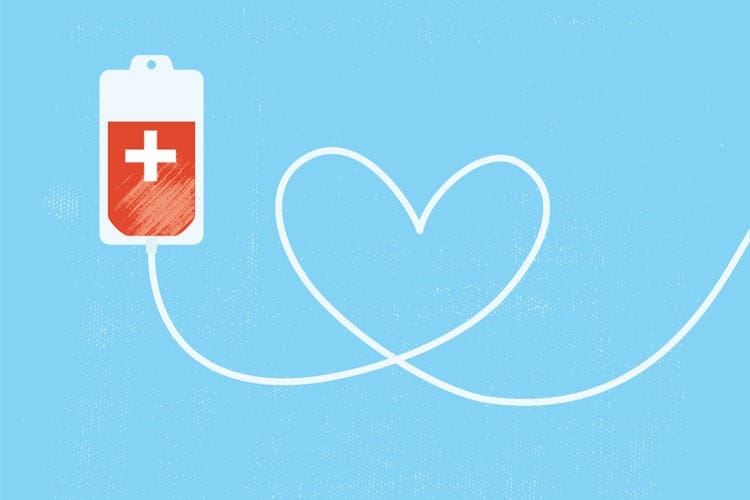Iron deficiency anaemia is when lack of iron means that the blood does not produce enough haemoglobin. A prolonged deficiency will produce anaemia.
cholesterol
Cholesterol levels when you’re young
The length of time you have had raised cholesterol affects your future risk of heart disease, so getting your cholesterol under control when you're young is a good move.
Heart disease: reduce the risk
While there are some risk factors that can't be changed, there are others that can be modified to help keep your heart healthy, especially as you get older.
Familial hypercholesterolaemia
Familial hypercholesterolaemia is an inherited (genetic) condition in which affected members of a family have high levels of LDL cholesterol (bad cholesterol) in their blood.
Cholesterol: treatments for high cholesterol
If you have high cholesterol, your doctor may prescribe lipid-lowering medicines in addition to diet and lifestyle changes. Find out about the different types.
Angina: treating symptoms and emergency treatment
Angina pain or discomfort is a symptom of underlying heart problems and must not be ignored, as it may be a sign of impending heart attack.
Congenital heart defects
Congenital heart defects are problems with the structure of the heart that are present from birth. The defects develop during pregnancy. In Australia, as many as one baby in 100 is born with a heart defect.
Cardiomyopathy
Cardiomyopathy – disease of the heart muscle – can affect adults and children. Damage to the heart muscle can lead to heart failure and dangerous irregular heart rhythms in some people.
Blood donations
Are you eligible to donate blood? What are blood donations used for? What happens during a blood transfusion? Answers to common questions about blood donations and transfusions.
Low blood pressure
Low blood pressure (hypotension) can have many causes, including diet, medication or an underlying health condition. Treatment depends on the cause.










